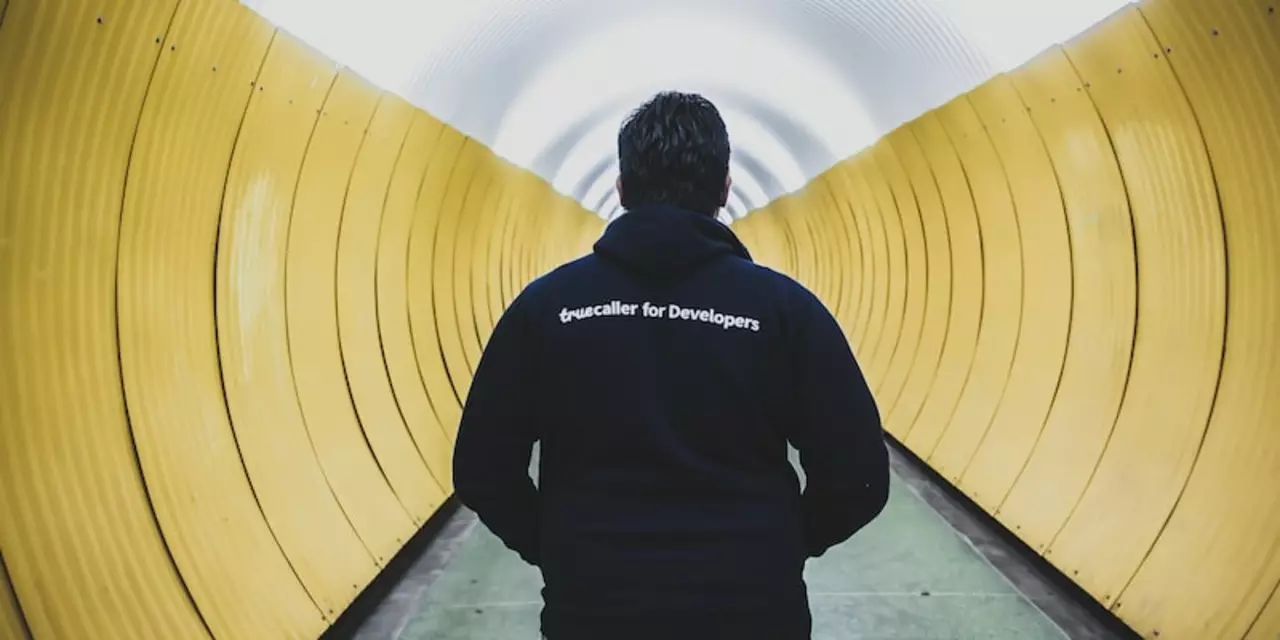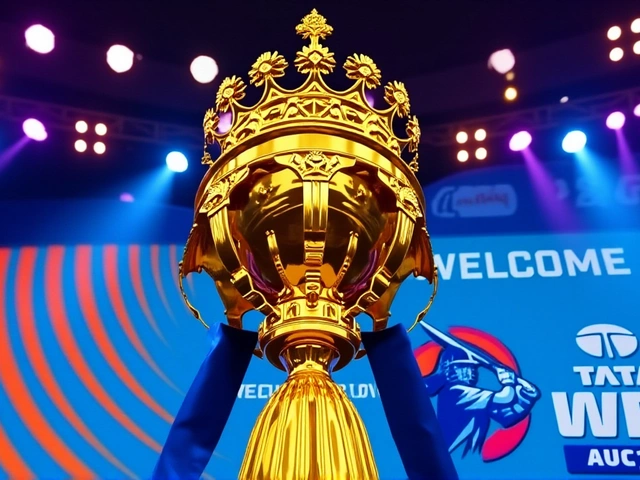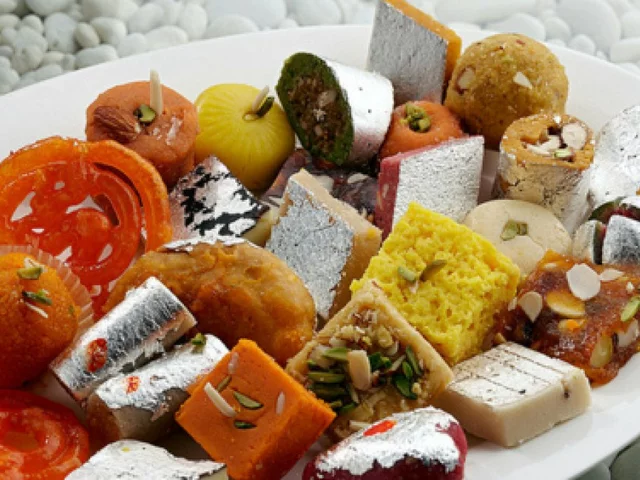Expatriate Life in Sweden: What to Expect
Moving to Sweden feels like opening a fresh chapter. You get clean air, reliable public transport, and a strong welfare system. But the shift also means learning new norms, sorting paperwork, and figuring out everyday routines. Below are the most useful pointers to help you settle faster.
Daily Life and Culture
Swedes value punctuality, quiet evenings, and personal space. Expect coffee breaks to be short and the word "fika" to pop up everywhere – it’s simply a coffee break with a slice of cake. Public transport runs on time, and the monthly travel card covers buses, trams, and trains in most cities.
Learning a few Swedish phrases goes a long way. A simple "Hej" (hi) or "Tack" (thanks) earns smiles and makes interactions smoother. Most people speak English fluently, so you won’t be stuck, but showing effort with the local language is appreciated.
Housing can be a challenge at first. Search for apartments on sites like Blocket or Hemnet, and be ready to provide references and proof of income. Many expats start with a short‑term rental before committing to a long‑term lease.
Work, Study, and Legal Basics
Sweden’s job market favors skills in tech, engineering, and life sciences. The work culture emphasizes flat hierarchies and work‑life balance. A typical week is 40 hours, and overtime is rarely expected. Parental leave is generous – up to 480 days shared between parents.
If you’re from India, you might notice the visa process includes a work permit application before arrival. Once you have the permit, you must register with the Swedish Tax Agency (Skatteverket) to get a personal identity number (personnummer). This number is needed for everything from opening a bank account to signing a rental contract.
Many Indian professionals find the Swedish job market welcoming once they adapt to the local communication style. Directness, teamwork, and a focus on consensus are common. Networking through LinkedIn or local meet‑ups helps you connect with potential employers.
Studying in Sweden offers tuition‑free education for EU/EEA citizens and a range of scholarships for others. International students get a residence permit that also allows limited work hours. Student cities like Lund and Uppsala have vibrant multicultural communities, making it easier to find friends from home.
Healthcare is universal. As soon as you get your personnummer, you can register with a local clinic (vårdcentral). Appointments can be booked online, and most prescriptions are covered by the national insurance.
Recreation is a big part of Swedish life. You’ll find countless parks, lakes, and hiking trails. Winter brings curling, skiing, and the magical Northern Lights, while summer offers long daylight hours for barbecues and festivals.
In a nutshell, expatriate life in Sweden blends high quality of life with a need to adapt to new social cues. Embrace the simple routines, respect the quiet, and take advantage of the strong welfare system. Before you know it, you’ll feel at home in this clean, organized, and friendly country.

What is it like as an Indian living in Sweden?
India and Sweden are two vastly different countries, with different cultures and ways of life. Indians living in Sweden often face challenges such as language barriers, cultural differences and prejudice. Despite this, many Indians in Sweden feel at home and enjoy the quality of life, generous welfare system, and excellent job opportunities. The Indian diaspora in Sweden is very diverse, and many Indians have found success in the Swedish job market. Overall, life in Sweden for Indians can be rewarding and enjoyable, provided they are willing to adapt to the culture and make an effort to learn the language.




